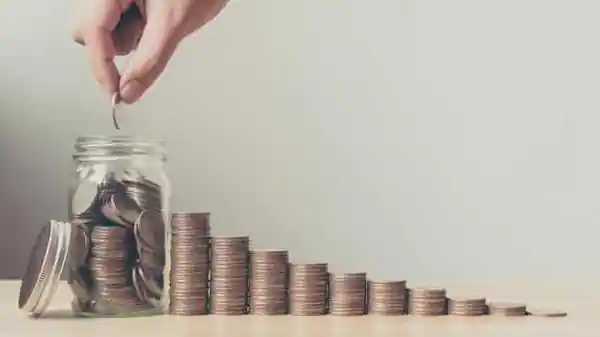The commitment of an asset to increase in value over time is referred to as investment. Investing necessitates the sacrifice of time, money, or effort. A low-risk investment typically yields a low return; similarly, a high-risk investment yields a high return.
1. Pay off your debts
Before you begin investing, you must pay off high-interest credit card debt. Begin by paying off little sums; as you lower your debt, you will be driven to pay off larger amounts as well.
2. Create an Emergency Fund
Staying out of debt requires having an emergency fund. They are a cash reserve that you can use if you need to spend a substantial sum of money on anything unexpected.
3. Financial Objectives
If you are wondering how to invest money wisely, the easiest thing is to set your financial goals.
• Short-term objectives
Set short-term goals to help you spend money sensibly if you want to become financially independent. Here are some examples of short-term objectives:
• Weddings
• Holiday presents and gatherings
• Vacations
• Birthday presents
• Home improvement and repair projects
• Apparel and accessories
• Gadgets
These are all predictable expenses for which you can plan and budget. Determine how much money you want to spend on these short-term goals and set money aside to pay the charges.
• Long-Term Objectives
Long-term objectives are just as vital as short-term objectives. Long-term objectives include the following:
• Retiring
• Repaying your mortgage
• College tuition savings for your children
Set a date for when you hope to achieve each long-term goal.
4. Tax- saving accounts
Tax-advantaged accounts are good long-term savings vehicles. Set aside money each month to benefit from the tax-saving account.
5. Tolerance for Risk
There are some investments that are risky, while others are relatively reliable.
• Bonds are a low-risk investment vehicle.
Bond investing is ideal for persons who aim to retire within the next 5-10 years because bonds do not react to major stock market drops. They may lose value during a recession, but traditionally, they do not lose as much as stock values, and in certain situations, they gain!
Alternatively, perhaps you intend to retire in the far future and hence have a higher risk tolerance because you can ride out recessions. In this instance, investing in the stock market may be advantageous. If you invest in the stock market, your money will expand exponentially due to compounding interest! The longer your money is in the market, the more money you will make.
6. Term Deposit
A fixed deposit is a financial instrument issued by banks and financial institutions. It is regarded as one of the most secure investment options, providing excellent yields with flexible tenure possibilities.
Fixed Deposits, often known as term deposits in banking, are a safe investment option for striking the correct balance in one’s financial portfolio. The FD Calculator assists you in determining how much to invest in FD and for how long.
What is a FD Calculator?
A fixed deposit calculator is an online application that calculates the amount of interest that is earned happening in a fixed deposit. The maturity amount is calculated using the amount deposited interest rate, and the tenure. The maturity amount is the amount made up of the capital invested and the interest earned on the deposit.
Using a fixed deposit calculator can determine which method delivers the best returns throughout the specified time period.
- Some of the primary advantages of using the FD Calculator
• Since it is an automatic calculator, there is no room for error.
• Elimination of time-consuming computations at multiple tenure, quantity, and rate levels, saving time and effort.
• The tool is available online free of cost, and the consumers can utilise it several times to calculate the returns on the FDs.
Summary
Saving and investing money is difficult, as each person’s financial journey is unique. Take some time right now to focus on your personal financial situation and risk tolerance! This will assist you in organising your ideas so that you can save and invest your money effectively. The goal of investing is to earn a return on the investment. The return could be a profit or loss realised from the sale of a property or an investment.







